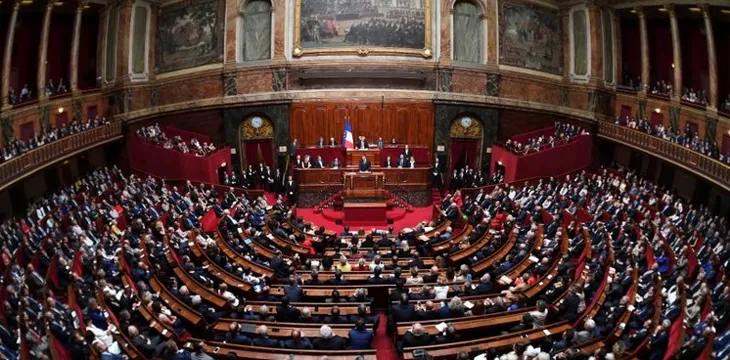|
Getting your Trinity Audio player ready...
|
The Finance commission of France’s lower house of Parliament is endorsing a proposal to lower taxes on sales from cryptocurrencies, according to a Reuters report.
When passed, the measure, adopted as an amendment to the country’s 2019 budget bill, will reduce the current tax rate on cryptocurrencies by 6.2%, from the current rate of 36.2% to a flat 30%.
The capital gains tax rate on digital assets had previously been at 45%, with tax officials putting them in the same classification as commercial and industrial property in 2014, but this was lowered last April to 19%. On top of the capital gains tax, however, is a 17.2% “social contributions” levy. Gains from cryptocurrency mining continue to be taxed at 45%, plus social contributions.
The proposed tax cut, along with the 2019 budget, is expected to take effect in January next year.
Other countries, in Europe and elsewhere, have sought tax reforms in connection with cryptocurrencies, if not to lower rates, then to at least provide for greater regulatory clarity. In Poland, a bill is now pending that would classify fiat proceeds from the sale of cryptocurrencies as individual or corporate income, while subjecting sales from cryptocurrency-related equipment and other property to capital gains tax. In the bill, cryptocurrency-to-cryptocurrency transactions are not taxed.
In Australia, the Australian Tax Office (ATO) has maintained a position that cryptocurrencies are assets subject to capital gains tax, like sales from real estate.
In India, an 18% tax on cryptocurrency sales has reportedly been studied by the Central Board of Indirect Taxes and Customs.
In South Korea, cryptocurrency exchanges have been subject to taxes similar to small and medium enterprises (SMEs), who receive 50%-100% tax cuts for their first five years, and are taxed from 5%-30% beyond that. However, starting around the end of the year, these companies will no longer enjoy such a classification, and taxes are expected to increase.

 08-02-2025
08-02-2025 





